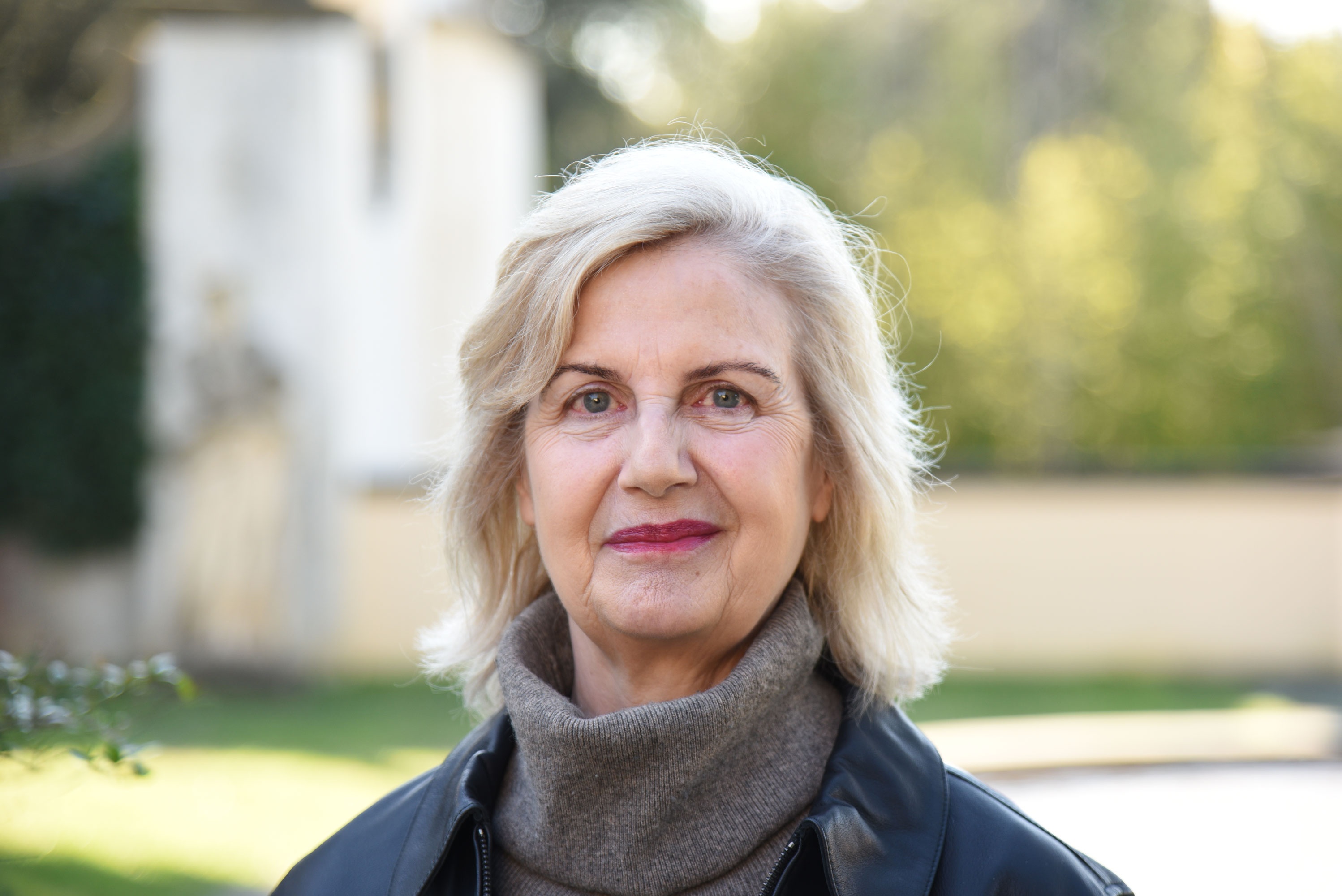Anna Contadini
Islamic Art in Italy: Objects and Manuscripts in Bologna Collections
2023-2024 (January - June)

Biography
Anna Contadini is Professor (full) of the History of Islamic Art at SOAS University of London. Her main areas of research are illustrated book culture of the Islamic world; object studies; translocation and transculturation; and artistic and cultural contacts between Europe and the Islamic lands. She graduated in Arabic and Islamic Art at Venice University, and obtained a Diploma in piano from the Conservatorio Benedetto Marcello. She then obtained a PhD in Islamic Art at SOAS, and was appointed Research Fellow in Islamic Studies at the V&A. She then took positions as Lecturer in Islamic Art at Trinity College and Curator of the Islamic Collections of the Chester Beatty Library, Dublin, before taking up a position at SOAS. Professor Contadini has won several prizes and honours, and serves on numerous international Peer-Reviewing and Editorial, Scientific, and Advisory Boards.
Project Summary
Bologna played a major role in the acquisition of art from the Islamic lands and in intellectual engagement with Islamic cultures during the 15th to 18th centuries. Situated on the border between imperial and papal states, Bologna was able to develop its own trading connections and create alliances. It was more powerful than its size would suggest and became a significant patron of art and culture, with collectors, artists, scholars, and translators. The curriculum at Bologna University (founded in 1088) was marked by a continuing engagement with Middle Eastern developments in philosophy, medicine, science, technology, and theology, and with Arabic and the other languages in which they were expressed. The unique objects and manuscripts in the rich collections of Bologna and related centres, most still unstudied, are crucial for a better understanding of the Islamic impact on pre-modern European art and thought. By examining the material through the lens of decoloniality, the project will help transform inherited approaches to Islamic art. The material comes from a wide geographical area, stretching from Iran, Turkey, Syria, and Egypt to North Africa and Muslim Spain, and covers a wide chronological span. The project will focus on the 15th to 18th centuries, when most of it was collected. This is the period of Humanism, the Renaissance, and the Enlightenment, major intellectual movements that permeated the whole of Europe. Throughout, Bologna played a significant rôle, not only in Italy, with important links to Florence and other Italian centres, but also on the wider European stage, acting as a conduit through which both art objects and ideas were disseminated, in particular to Hungary, Germany, and France.
